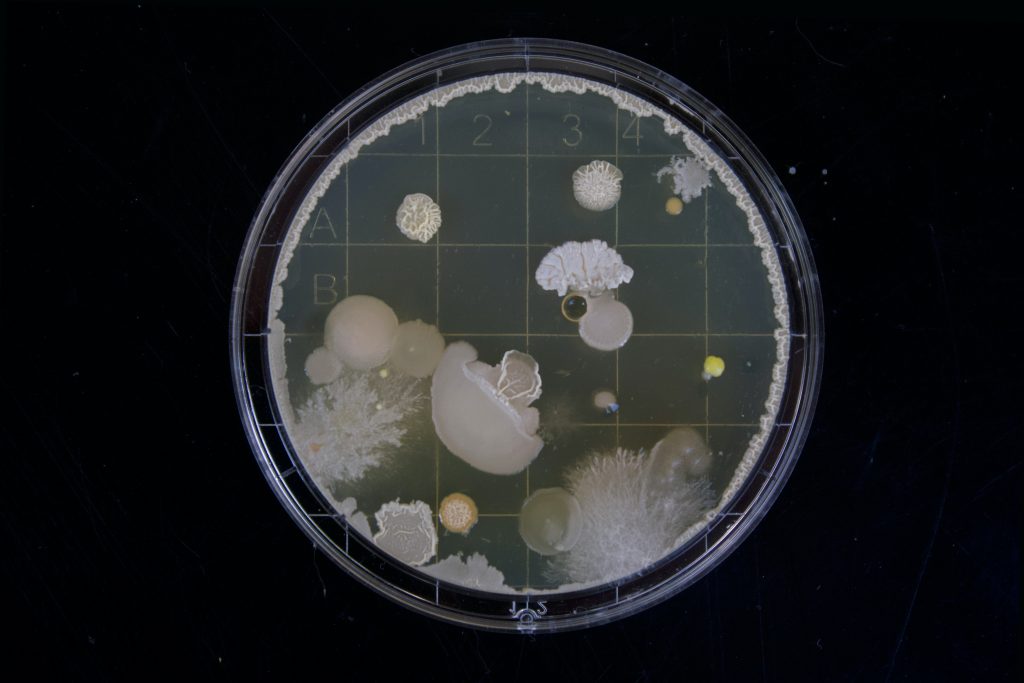In this blog, we will explore the effects of gastrointestinal parasites on the gut, the associated symptoms, and the holistic approach to their treatment and prevention. The intricate ecosystem of our gut plays a crucial role in our overall health and well-being. However, sometimes unwanted visitors disrupt this delicate balance, leading to gastrointestinal disturbances and other symptoms that extend beyond the gut.
The Gut: A Playground for Parasites
The gastrointestinal tract provides an ideal environment for parasites to thrive and multiply. These organisms, such as protozoa and helminths, can enter our bodies through contaminated food and water, poor hygiene practices, or contact with infected individuals or animals. Once inside, they latch onto the lining of the gut, disrupting its normal functioning.
What causes a Parasite in the Gut?
In Australia, the main causes of gastrointestinal parasites are often linked to environmental factors and lifestyle choices. These factors can contribute to the transmission and proliferation of parasites in the local population. Some of the key reasons include:
- Contaminated water and food sources: Consumption of contaminated water from natural sources or improperly prepared food can introduce parasites into the body.
- Poor hygiene practices: Inadequate handwashing and unsanitary conditions can facilitate the spread of parasites from person to person.
- Travel to endemic regions: Individuals traveling to tropical or subtropical regions, where parasites are more prevalent, may unknowingly acquire infections and bring them back to Australia.
- Contact with animals: Close contact with pets or livestock can lead to transmission of certain parasites to humans.
- Exposure to contaminated soil: People who work closely with soil, such as gardeners or farmers, may come into contact with parasite eggs or larvae.
- Weakened immune system: A compromised immune system can make individuals more susceptible to parasitic infections.
Some of these factors are not necessarily bad or things we can avoid. Therefore the aim is to be aware and prevent where possible, through working with a practitioner.
Impact on Digestion and Absorption
Parasites interfere with the normal digestive process, impairing the absorption of essential nutrients from our food. They may cause inflammation, damage the intestinal lining, and compete for vital nutrients. As a result, individuals with gastrointestinal parasites may experience symptoms such as:
- Diarrhea: Parasites can irritate the gut lining, leading to frequent loose stools or diarrhea.
- Abdominal pain and cramping: Inflammation and damage caused by parasites can trigger discomfort and cramps.
- Bloating and gas: Parasitic infections may disturb the delicate balance of gut bacteria, leading to excessive gas production and bloating.
- Nausea and vomiting: Certain parasites can disrupt the normal functioning of the gut, causing feelings of nausea and occasional vomiting.
- Weight loss and malnutrition: Reduced nutrient absorption due to parasite infestation can result in weight loss, fatigue, and nutritional deficiencies.
What is the most common Intestinal Parasites ?
Depending on where you are in the world, or even in the country of Australia, different parasites will be more common then others. In Australia these 3 are the most common parasites we see in clinic.
- Blastocystis Hominis (BH)
- Dientamoeba fragilis (D fragilis)
- Giardia intestinalis
What are the Symptoms of Parasites in the Gut?
- Stomach pain and cramps
- Bloating and distension
- IBS type symptoms
- Loose stools (diarrhoea)
- Nausea or vomitting
- Constipation
- Gas / Flatulence
- Itching of the anus or vagina
Symptoms Beyond the Gut
Interestingly, the impact of gastrointestinal parasites is not limited to the gut alone. These unwanted invaders can affect other systems in the body, giving rise to various non-specific symptoms. Some of the common extra-gastrointestinal symptoms include:
- Fatigue and weakness: Nutrient deficiencies, chronic inflammation, and the body’s immune response to parasites can lead to fatigue and general weakness.
- Skin problems: Parasitic infections may trigger skin issues like rashes, itching, or eczema.
- Joint and muscle pain: Inflammation caused by parasites can result in joint and muscle discomfort.
- Allergies and food sensitivities: The presence of parasites can disrupt the immune system, leading to an increased risk of allergies and food intolerances.
- Mood disturbances: Some studies suggest a potential link between parasite infections and mood disorders, such as anxiety and depression.
- Anemia or Chronic Low Iron: Nutrients such as iron actually feed parasites, and can often be found low in those suffering from an infection. If you have chronically low nutrient stores, which don’t replete with supplementation, it is always worth looking into gut health and possible infections.
Holistic Approach to a Parasite Cleanse
When dealing with gastrointestinal parasites, it is crucial to seek guidance from a qualified healthcare practitioner who can perform the necessary tests to confirm the presence of parasites and rule out other causes of gastrointestinal symptoms. Treatment approaches from a naturopathic and holistic perspective often involve multiple strategies:
- Herbal remedies: Certain herbs possess antimicrobial properties that can help eliminate parasites. Examples include wormwood, black walnut, clove, and berberine-containing herbs. These should be used under professional supervision.
- Dietary modifications: A diet that supports gut health and minimizes parasite re-exposure is essential. Avoiding processed foods, refined sugars, and potential allergens can be beneficial. Emphasize whole foods, fiber-rich fruits and vegetables, and anti-parasitic foods like garlic and ginger.
- Lifestyle changes: Practicing good hygiene, including handwashing, properly preparing and storing food, and maintaining a clean living environment, can help prevent reinfection.
- Gut restoration: Supporting gut health with probiotics, prebiotics, and nutrients like zinc and vitamin A can aid in the restoration of optimal gut function and reduce the risk of reinfection.
Gastrointestinal parasites can significantly impact gut health, leading to a range of symptoms both within and outside the digestive system. Seeking professional guidance is essential to ensure accurate diagnosis, appropriate treatment, and prevention of reinfection. Embracing a holistic approach that combines herbal remedies, dietary modifications, lifestyle changes, and gut restoration strategies can help restore balance and promote long-term gut health.
Remember, the information provided here is for educational purposes only and should not replace medical advice. Consult a qualified practitioner for personalized guidance based on your specific health needs.
Book in with one of our Malvern Naturopaths today if you feel you may have a parasite or would like to work on your gut health for prevention.


















